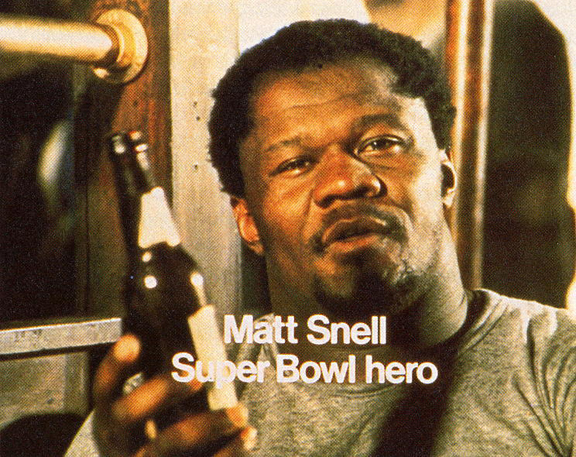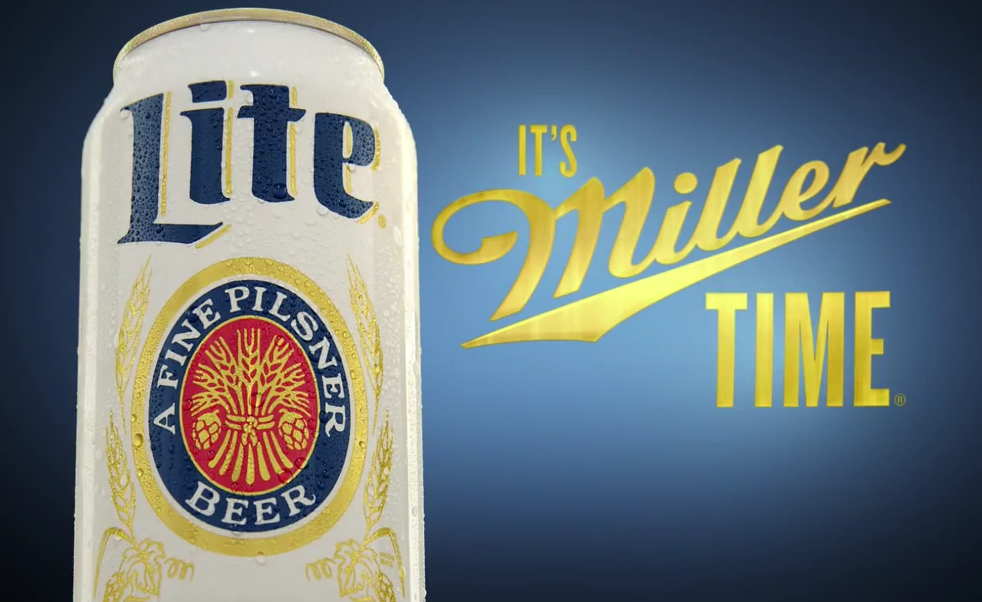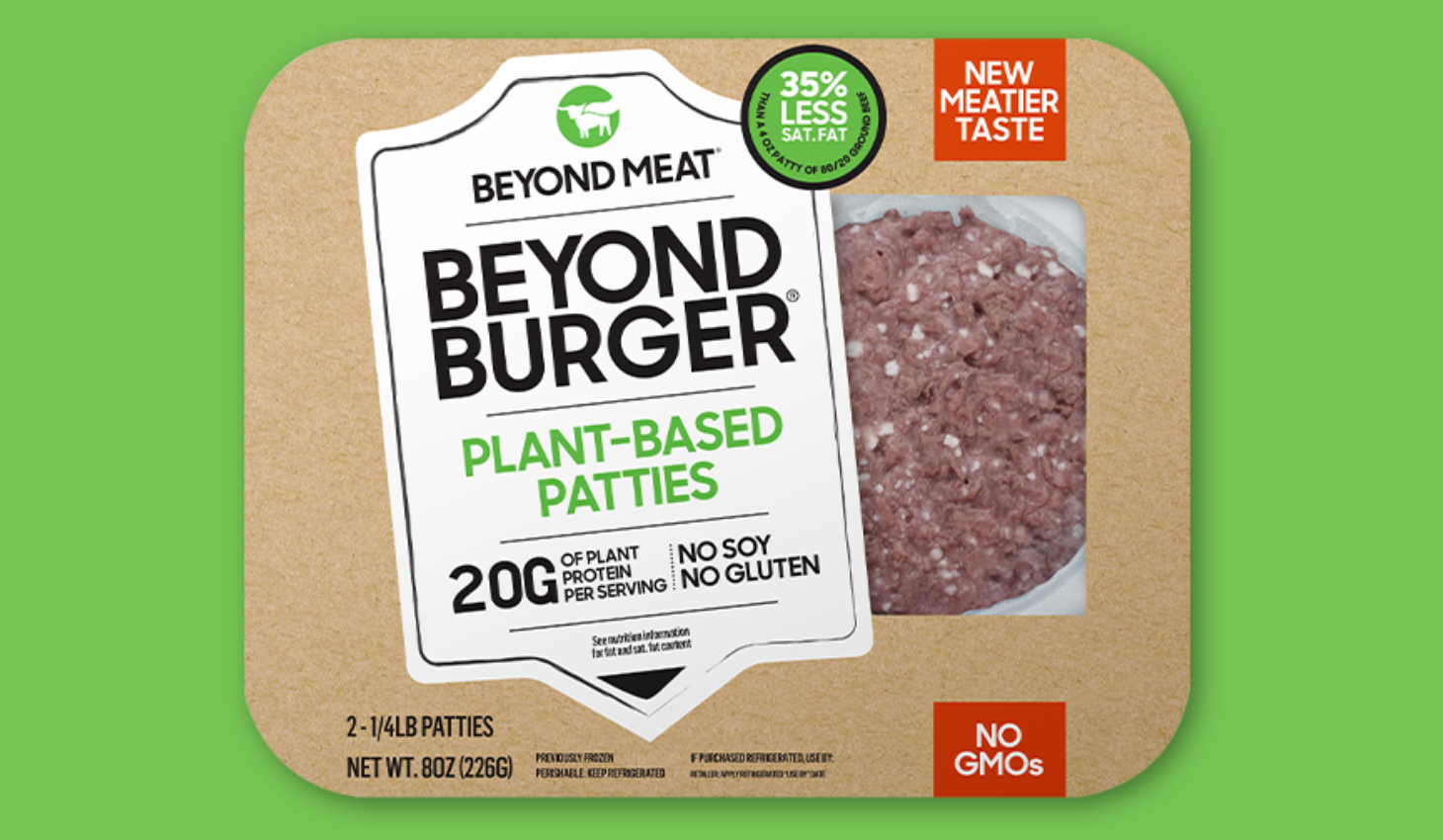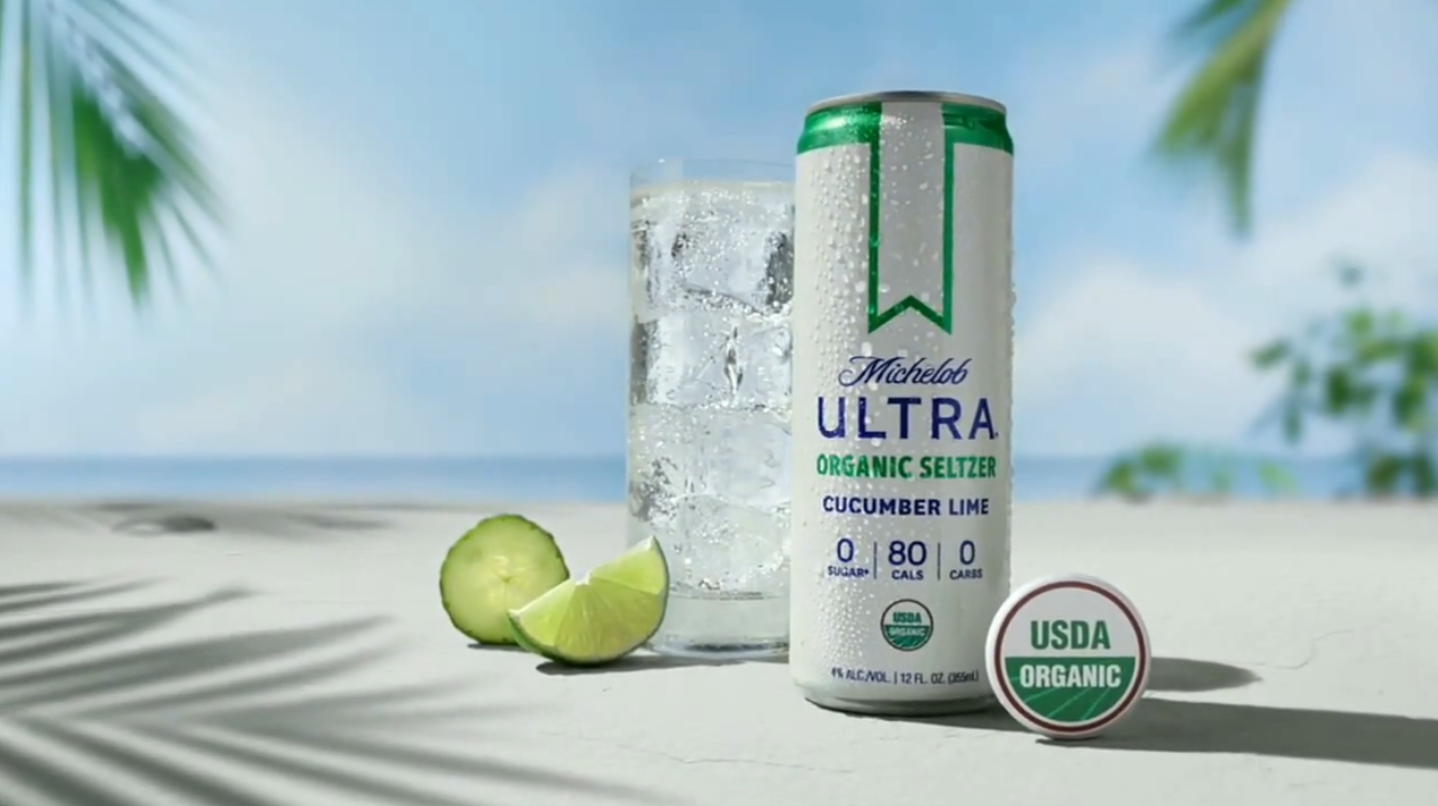
Alkaline Water Plus
Are there really any benefits to drinking alkaline water?
Why yes it did. But you should know that there's a certain spin to this tale featured in current ads.
While it may not be in the same ballpark as penicillin, the printing press or the Ford Model T, the invention of light beer has nevertheless generated billions of dollars for the beer industry. Among last year’s top four selling domestic brands, three were of the light beer variety: Bud Light (1), Coors Light (2), Miller Lite (4).
So who gets the credit for this invention? If we are to believe the folks at Miller — Miller. Here’s how a current TV commercial titled “Subliminal” begins: “Miller invented light beer; the original 96-calorie pilsner. And that changed everything.” The claim also appears on millerlite.com, where we’re reminded exactly how bad it was before Miller Lite:
But how does Miller substantiate this rather audacious claim? That part’s a bit fuzzy. In fact, the company seems to backtrack when questioned on the advertising, which now is highlighting Miller Lite’s original 1975 white can design.
“Miller Lite was not the first low-calorie beer and never claimed to be,” company spokesperson Cat Corrigan told TINA.org in an email. “But we were the first successful low-calorie beer, thereby establishing the light beer category and spawning many followers in the past 40 years.”
Gannon Jones, MillerCoors head of brand marketing, told Ad Age in response to a question re Miller Lite: “We are a great, authentic light beer. We invented this category.”
After receiving reader complaints alleging that Miller’s claim to fame is both false and deceptive, that the company based its light beer on a formula it bought from another company in the 1970s and that light beer had in fact been around before Miller Lite, TINA.org did some digging. Here’s what we found.
A post on millercoorsblog.com titled “The Creation of Miller Lite” does not say that Miller invented light beer but rather that Miller Lite was born out of the purchase of three brands from bankrupt Chicago brewer Meister Brau in 1972 (Corrigan confirmed this).
Miller saw particular promise in one of the brands, Meister Brau Lite, based on its popularity among blue-collar male consumers, the blog post said. The company took a year “reformulating” the brand, then slapped the Miller Lite label on it and started selling the light beer as its own.

Another account on the origin of light beer points to Dr. Joseph L. Owades, a biochemist turned brewer who, according to an obituary published in the Washington Post, introduced his seminal product, Gablinger’s Diet Beer, in 1967. But after the beer flopped, Dr. Owades shared the formula with Meister Brau. The 2005 obituary backs up the Miller blog post regarding the brand acquisitions. The obit reads:
Miller Brewing acquired the light beer process when it bought assets of Meister Brau in the early 1970s. The “tastes great, less filing” marketing strategy, which used football players and other tough-knuckled types, helped Miller Lite flourish.
The Washington Post obituary dubbed Dr. Owades “the father of light beer” but added that his product “lacked the macho marketing that later made Miller Lite a sensation.”
Listen, Miller Lite-ites, we’re not out here to kill your buzz, man. Your go-to beer has a storied history indeed. We just think consumers should know that there’s a certain spin to the tale as told in current advertising.
Our Ad Alerts are not just about false and deceptive marketing issues, but may also be about ads that, although not necessarily deceptive, should be viewed with caution. Ad Alerts can also be about single issues and may not include a comprehensive list of all marketing issues relating to the brand discussed.
Are there really any benefits to drinking alkaline water?
TINA.org investigates ingredients in company’s flagship product, the Beyond Burger.
Consumers aren’t the only ones who watch the ads. Competitors do too.


